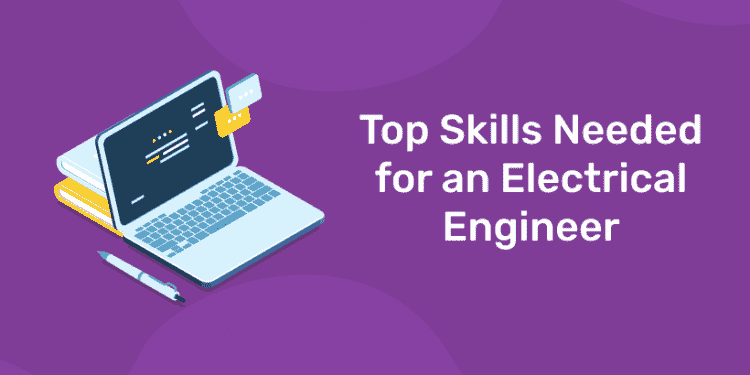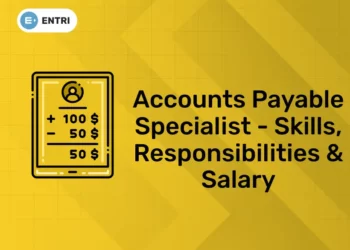Every year our country churns out lakhs of Engineering graduates. Studies show that about 20-30% of them do not find jobs. The recruiters complain about the lack of professionalism and skill set required for the profession in the graduates. About 80% of the graduates are not found to be ‘employable’. In order to grab a job in this competitive field, one must possess certain skills to stand out from the crowd. Mere graduation with good mark alone will not suffice. Let us take a look at the top skills needed for an electrical engineer to ace in the field.
Top Skills needed for an Electrical Engineer
The job of an electrical engineer involves developing, designing, testing, and supervising the manufacturing of electrical devices and equipment. One should be able to convert the theory into practice in real life settings. These skills are expected of an electrical engineer. There are other skills that you would need to stand out in the field. They are as follows:
Communication skills
An Engineer should have good communication skill so that he can explain his ideas clearly. He should be able to explain the ideas to the colleagues as well as to the layman in simple terms.
Leadership skills
Being a part of a project would mean working with various other departments. An engineer should have good leadership skills to guide his team and to ensure proper and timely completion of the tasks.
Problem-solving skills
Engineers work as problem-solvers. The problems that the Electrical Engineers would require coming up with solutions on foot and putting the theoretical aspects into play.
Critical thinking skills
Critical thinking skills is required in many fields, one such being Electrical Engineering. An Electrical Engineer should be able to think from different angles. This would include analyzing a matter in terms of its strength and weakness and coming up with an alternative approach.
Lifelong student
An Engineer should have the passion to learn new things. With new inventions and technologies popping up, one should keep oneself updated. Always remember that your journey begins with the Engineering degree and not the other way round. Also, the ability to learn quickly and apply it in the field is always highly appreciated.
Organizational skills
An Engineer should always be organized. He should have the ability to stick to the timeline and manage time as most of the times the work/project will have a target date.
ENTRI – The best online learning platform
Entri is an online exam preparation platform that provides help to prepare for all Government and banking exams. All those who wish to crack the exams can be a part of our student community. Our well-structured classes by experts, free mock test, practice papers and notes on current affairs will aid you in making your dream of getting a Government job come true.
Ace your Preparation for competitive exams! Download Entri App!
Subscribe to our YouTube channel for bank exam preparation tips













